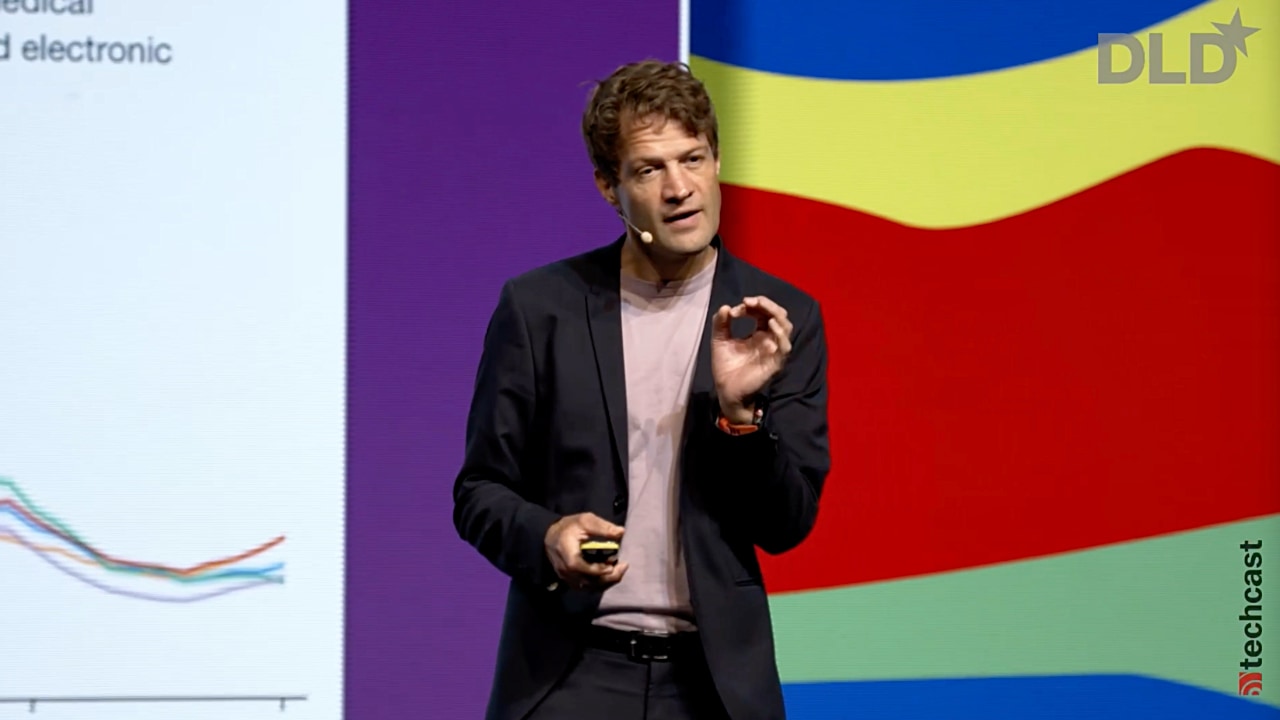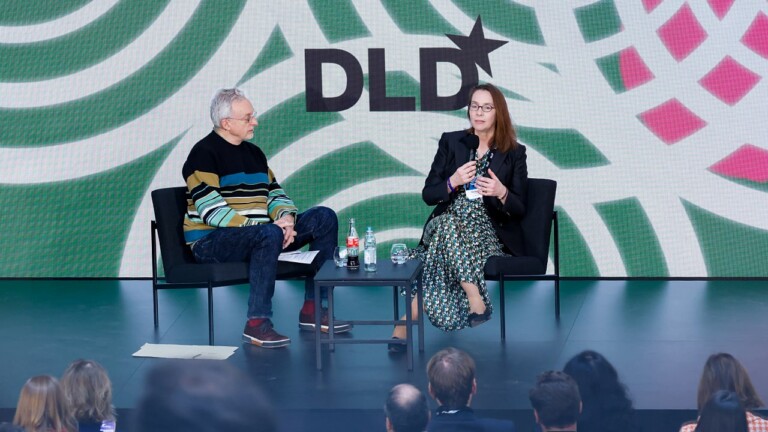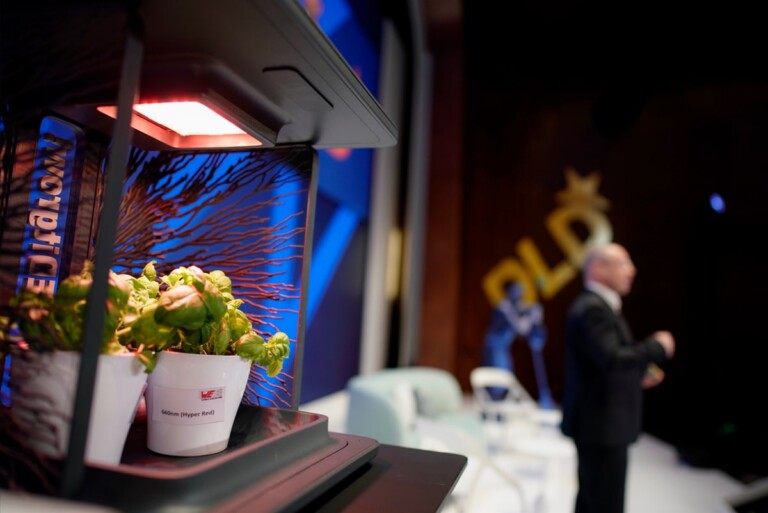Has scientific progress slowed down? In this engaging DLD Future Hub talk, Fabian Theis (TUM) challenges the audience to rethink the scientific method in the age of AI, arguing that while it has driven centuries of discovery, it is no longer sufficient for solving today’s most complex problems.
“Most of the low-hanging fruit have been picked”, he says, and many complex problems of today – like curing cancer or understanding climate change – demand a reinvention of how we do science.
AI is the perfect tool for this task, Theis argues, because the technology empowers scientists to build not just one, but “many hypotheses from large data sets”, systematically design experiments across vast possibilities, and even automate the experimental process with robotics.
Theis illustrates this revolution with his work on the Human Cell Atlas, a global project that aims to build a 3D model of the human body and has already led to significant advancements in understanding various diseases.
“What we do there is we map out and then integrate with AI all variations of cells across the human body”, Theis explains.
Watch the video to learn more about this project and the potential of predicting with AI how cells might respond to treatments before real-world testing, which could significantly speed up drug development.



